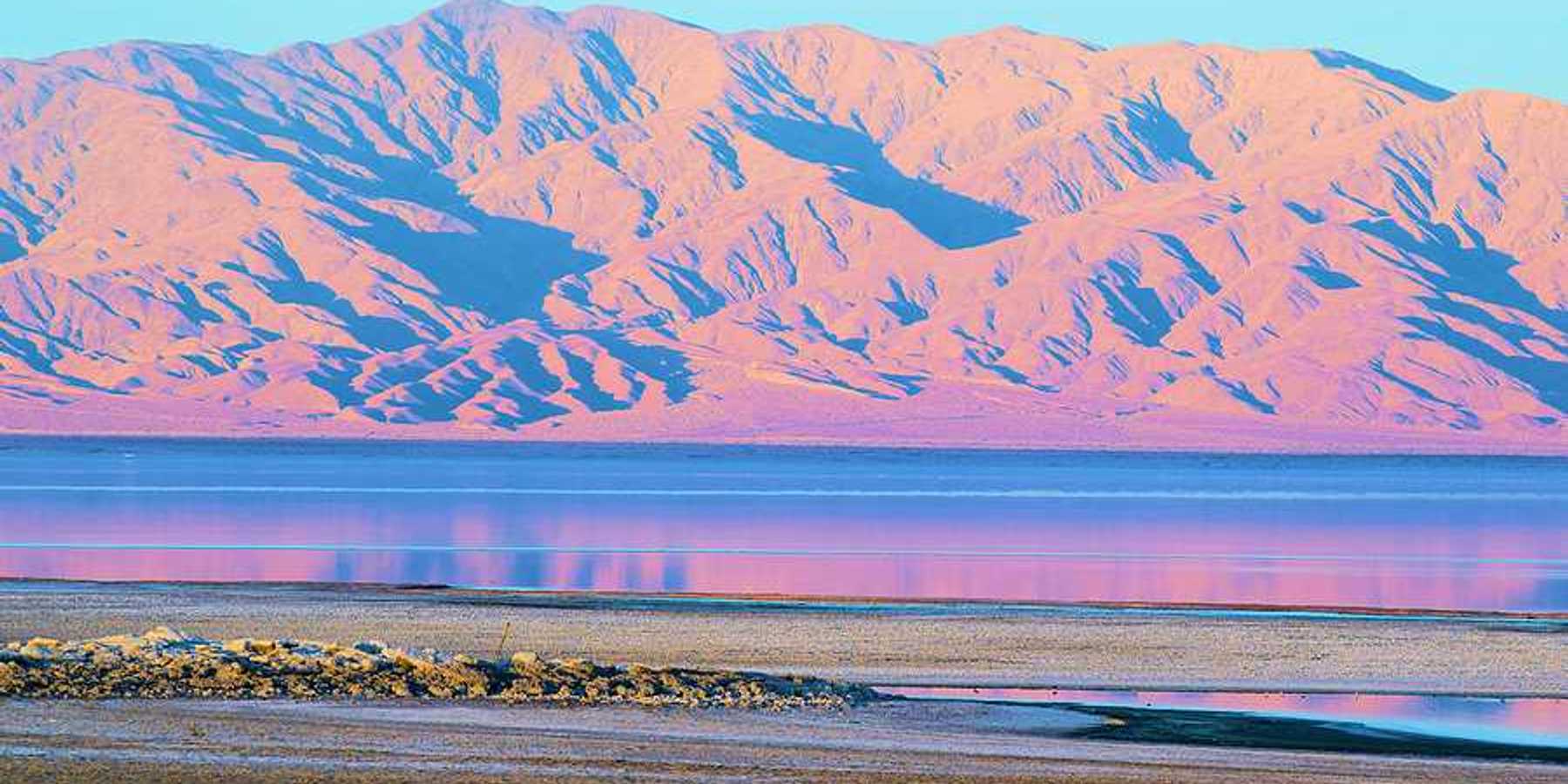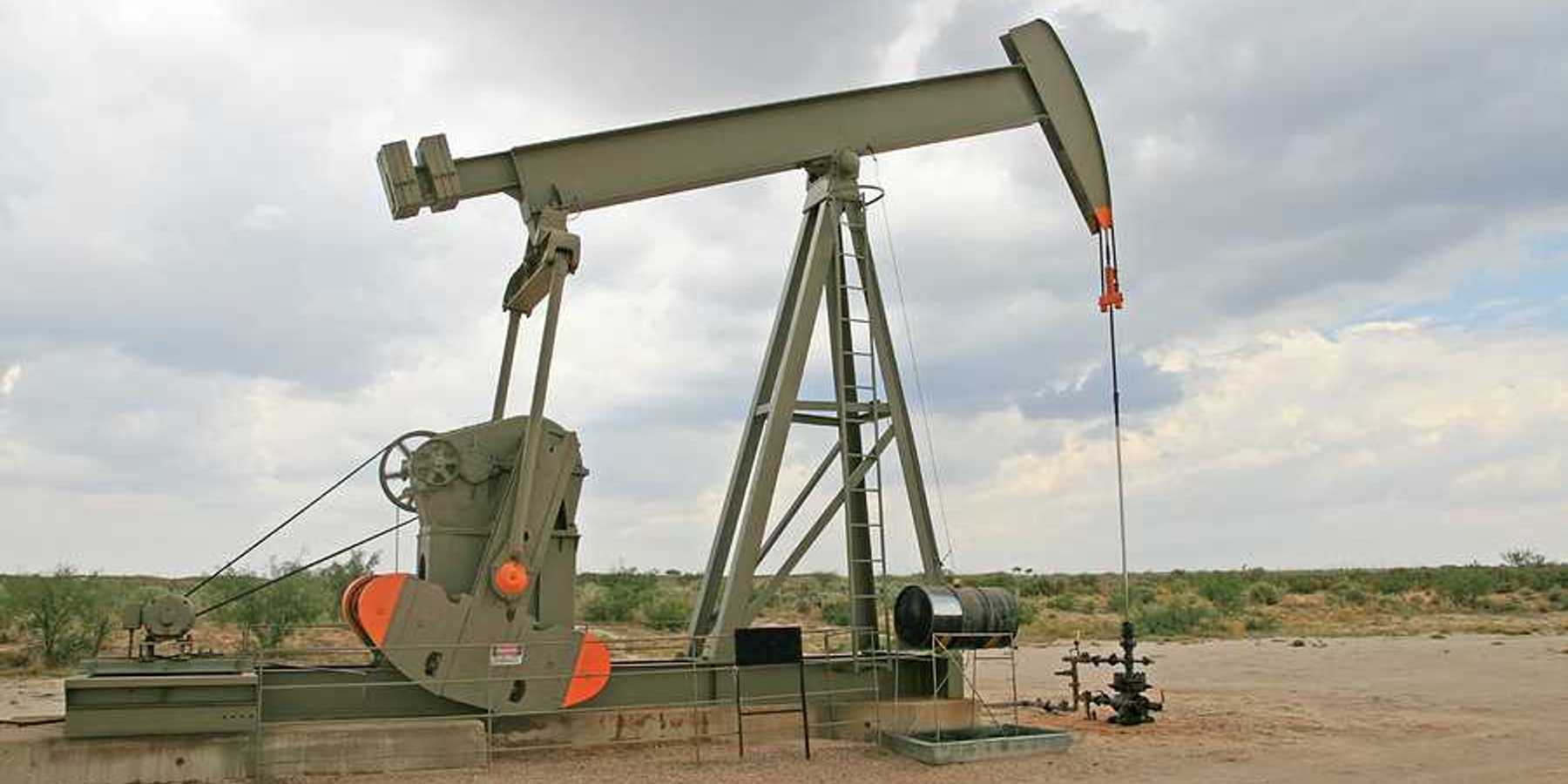
The planet’s largest ecosystems could collapse faster than we thought
Massive, vital ecosystems that have existed for thousands of years could breakdown in just a few decades, according to a new study
If put under the kind of environmental stress increasingly seen on our planet, large ecosystems —such as the Amazon rainforest or the Caribbean coral reefs—could collapse in just a few decades, according to a study released today in Nature Communications.
In the case of Amazon forests, stressors could cause collapse in just 49 years. In Caribbean coral reefs, it could take as little as 15 years.
"The messages here are stark," said lead researcher John Dearing, a professor in physical geography at the University of Southampton, in a statement.
Those estimates come from Dearing and colleagues who examined data on how 42 natural environments—small and large, and on both land and water—have transformed. They found that larger ecosystems may take longer than small ones to collapse, but the rate of their decline is much more rapid.
Ecosystem stress can come in many forms such as climate change, deforestation, overfishing, pollution and ocean acidification.

(Credit: Francesco Ungaro/Unsplash)
"Humanity now needs to prepare for changes in ecosystems that are faster than we previously envisaged through our traditional linear view of the world, including across Earth 's largest and most iconic ecosystems, and the social–ecological systems that they support," the authors wrote.
Larger ecosystems are made up of smaller "sub-systems" of species and habitats, which provide some resilience against rapid change. However, once these smaller systems start to collapse, the new study finds the large ecosystems as a whole fall apart much faster than previously expected.
Researchers pointed to the destructive Australian and Amazon rainforest wildfires as recent examples of this dangerous fast rate of collapse.
"These findings are yet another call for halting the current damage being imposed on our natural environments that pushes ecosystems to their limits," Dearing added.
See the full study in Nature Communications.













